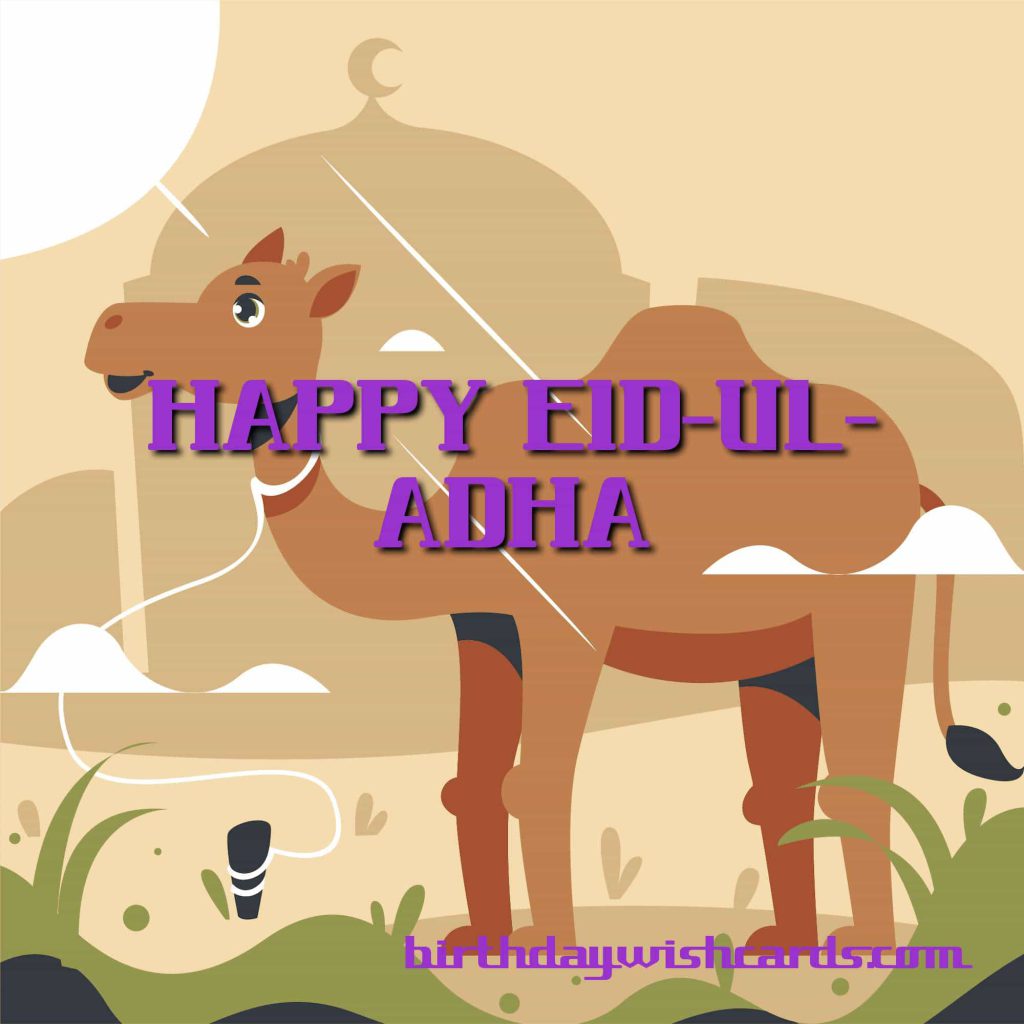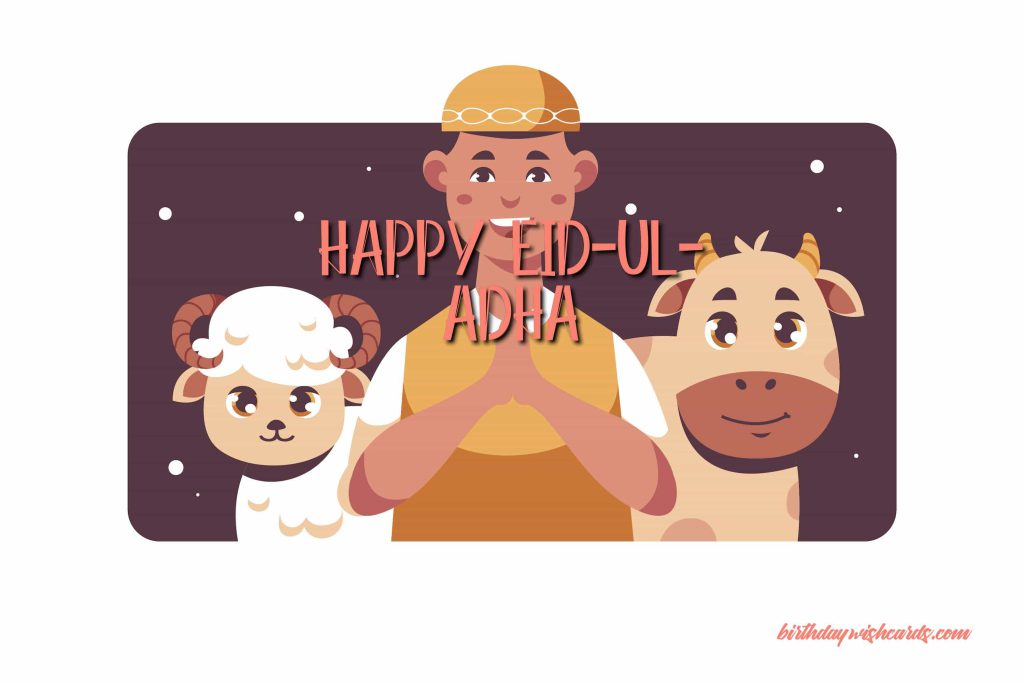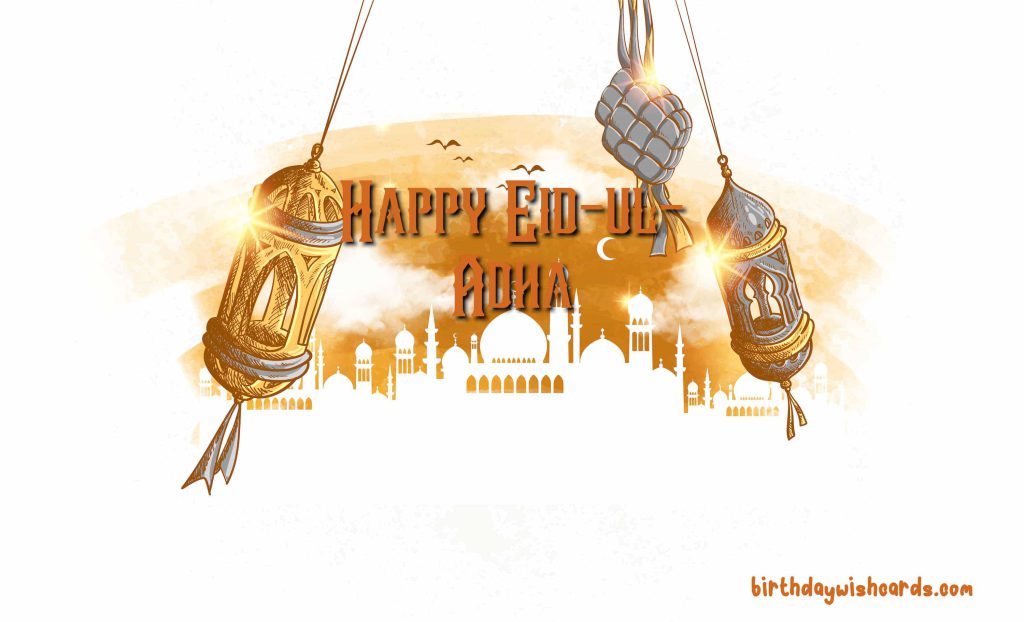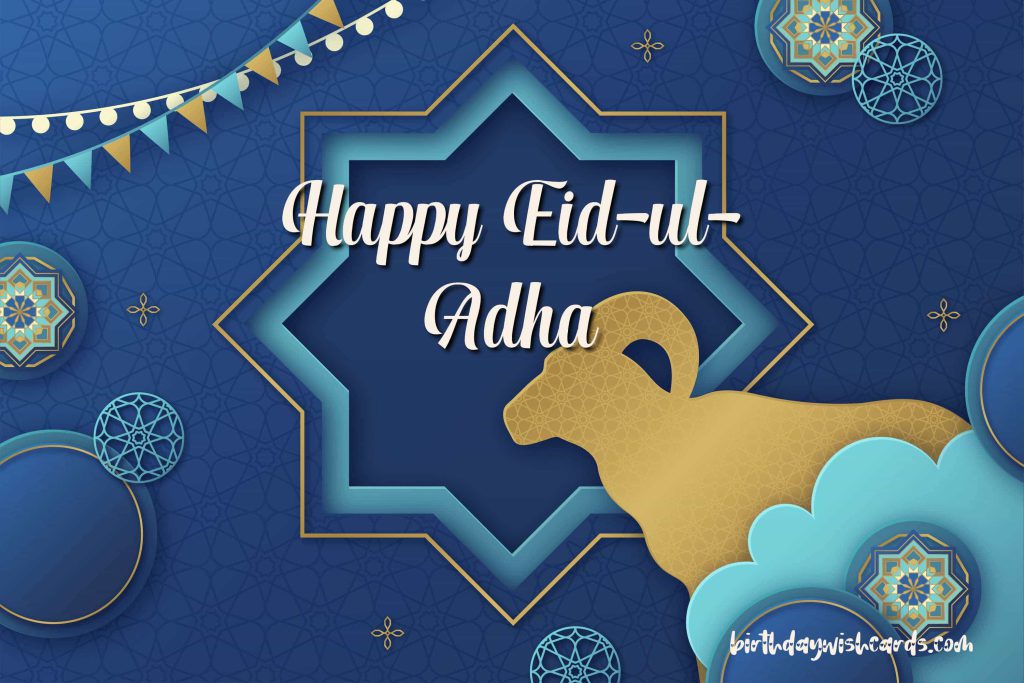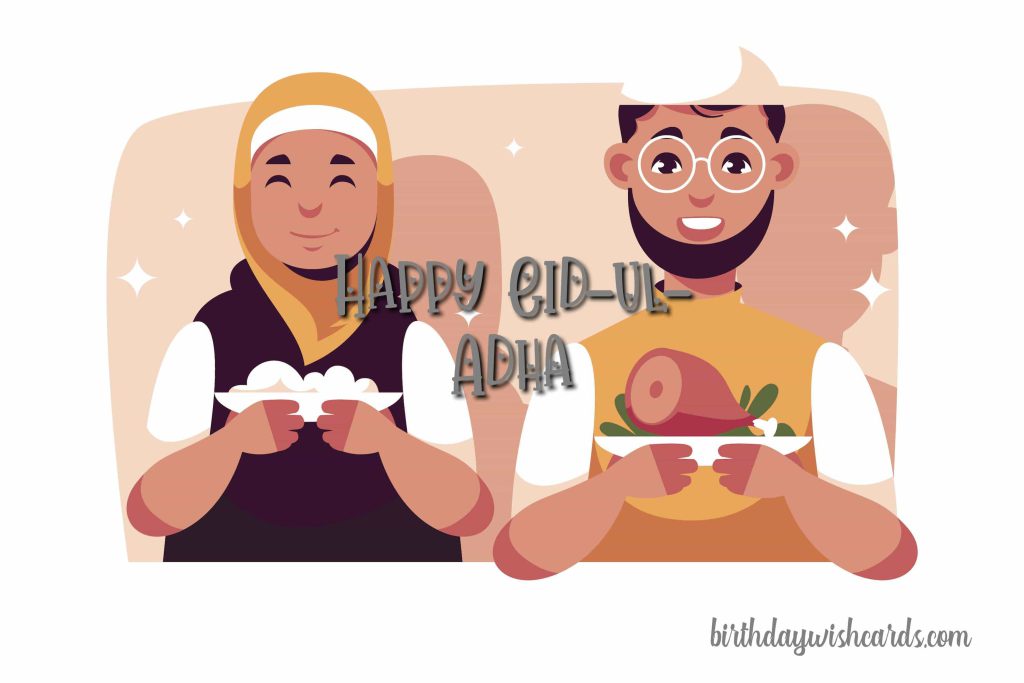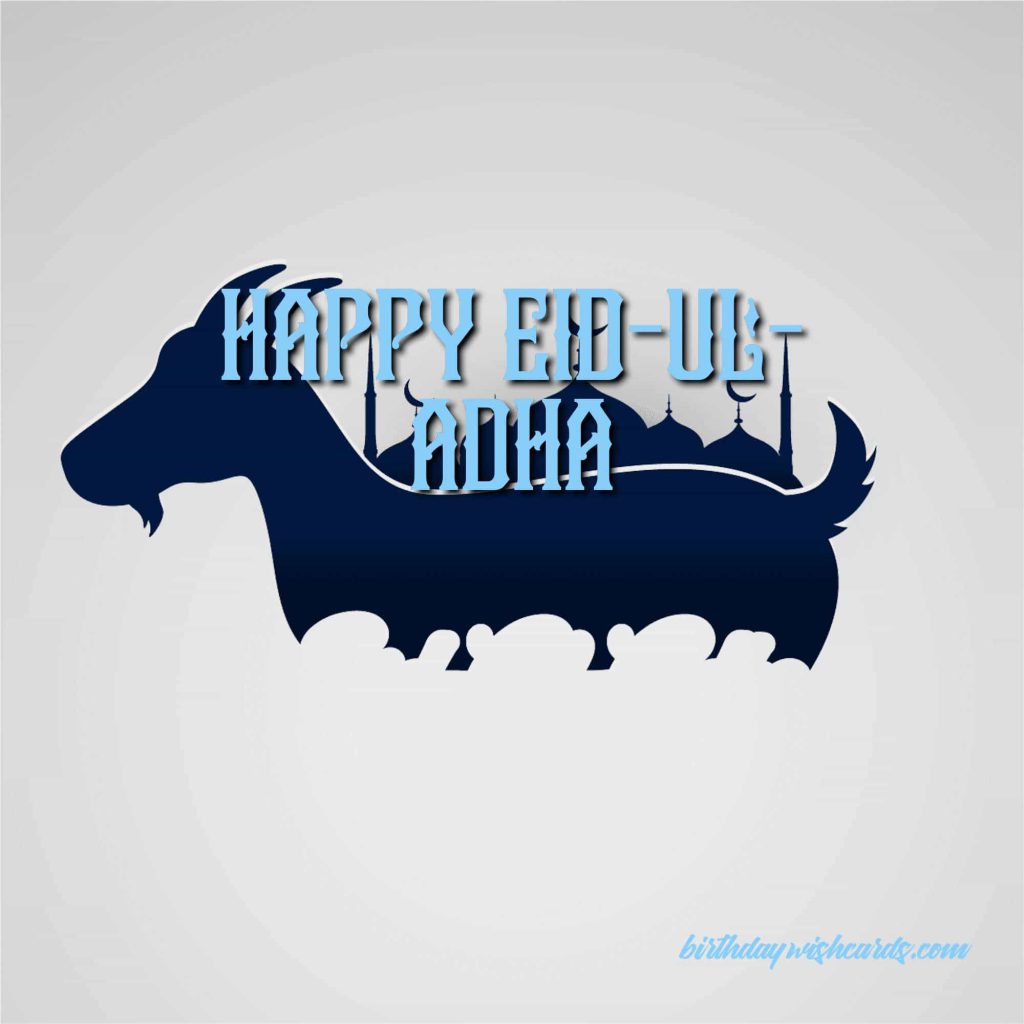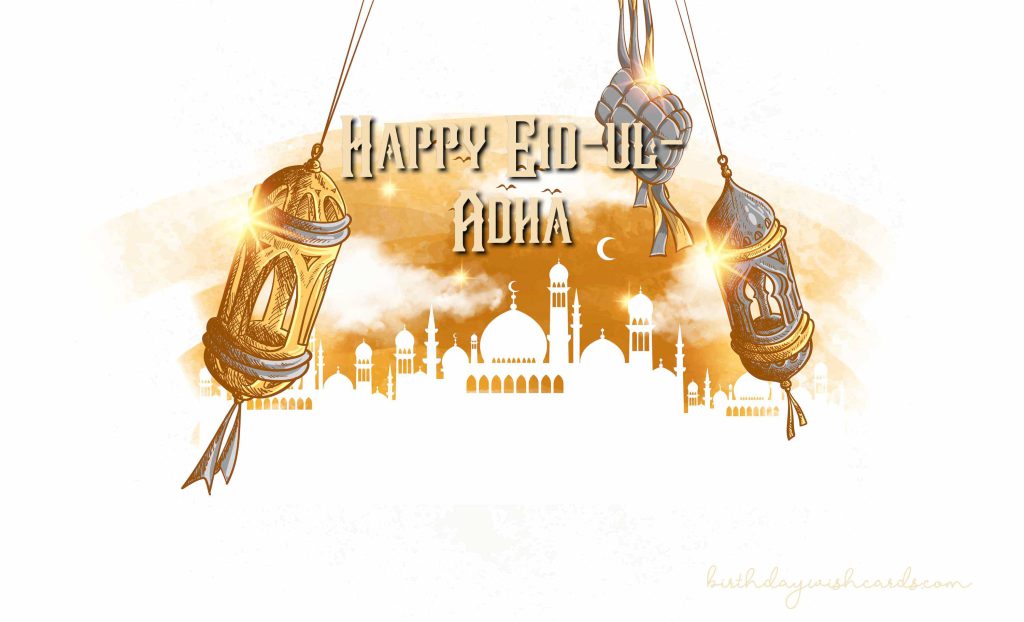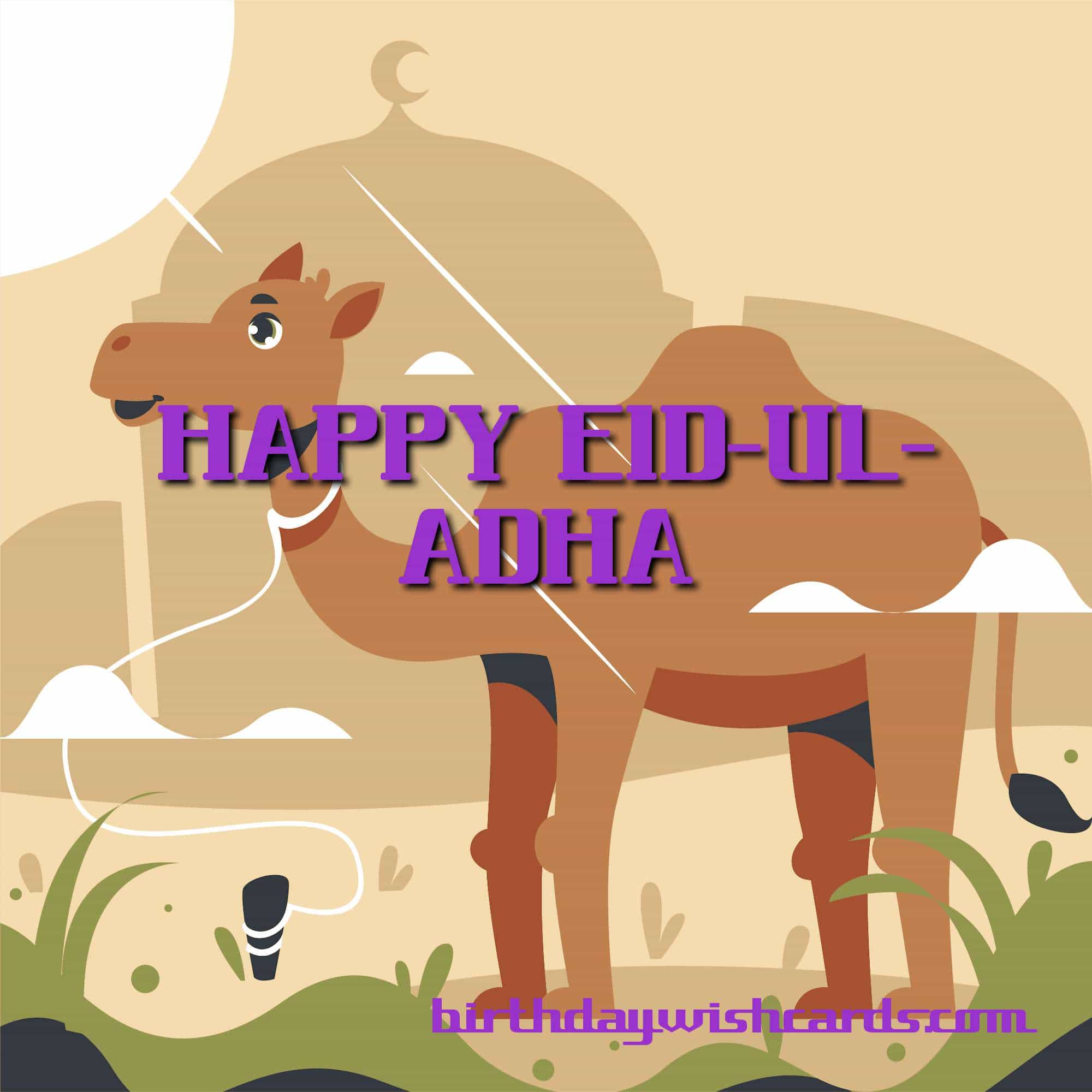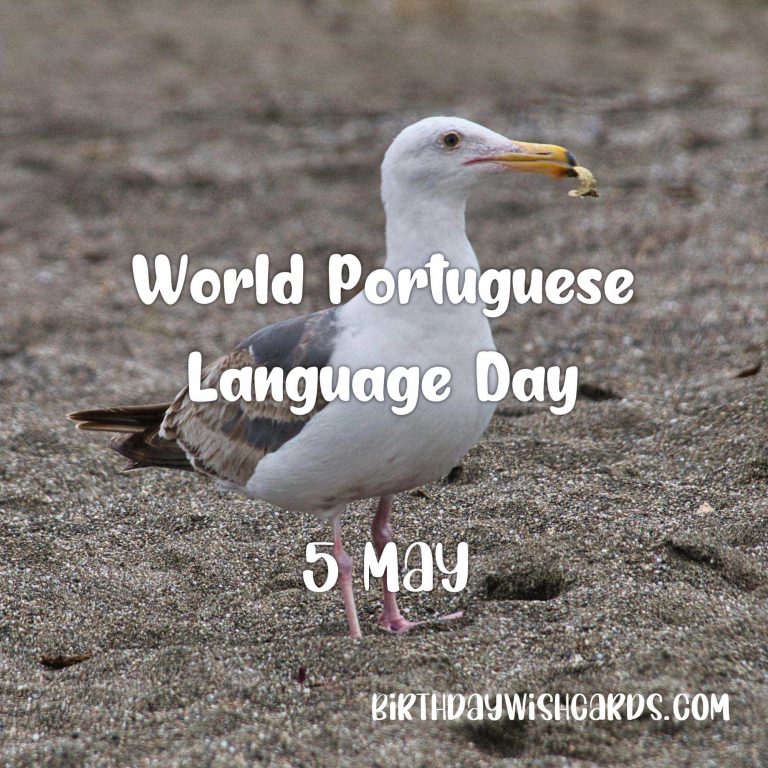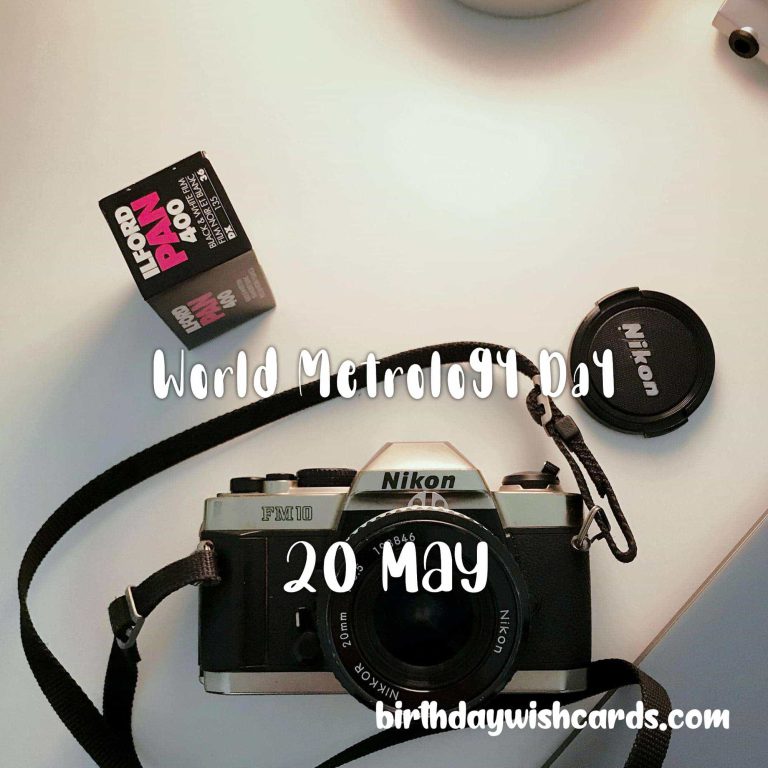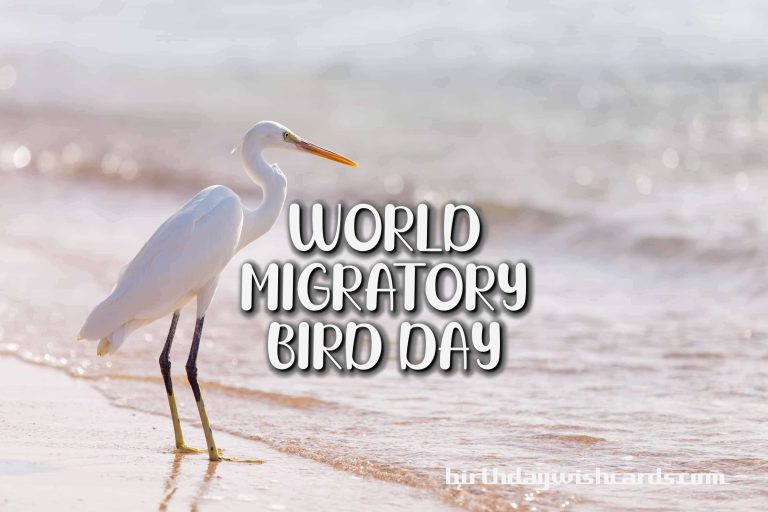EID-UL-ADHA
Eid al-Adha is a Muslim festival that lasts for three days. Festival of the Sacrifice marks the stop of the annual Hajj pilgrimage. Almost 1.6 billion Muslims from all around the world celebrated Eid al-Adha. The lifestyle for Eid al-Adha consists of slaughtering an animal and sharing the meat in three equal parts – for own family, for loved ones, and the poor.
Before Eid al-Adha, Muslims from all over the globe gather at Khana Kaba and perform Hajj. The prayer for Eid Al Adha is wajib and consists of two rakats with additional takbirs. The logic behind these Eid prayers is to thank Allah for his infinite blessings. Eid al-Adha is a Festival of Sacrifice that celebrates a story of a Prophet referred to as Ibrahim. Eid al-Adha takes place on the tenth day of the month(Dhu al-Hijjah) of the Muslim calendar.
In the Quran (Holy book of Muslims), Allah told Ibrahim that he had to sacrifice his son Ismail to prove his faith. Ibrahim decided to follow the command of Allah. The devil tried to convince him to disobey, but he refused and threw pebbles at the devil to make him leave. Ibrahim was about to sacrifice his son. He found that Allah had replaced Ismail with a ram. So Ibrahim had proved his devotion to Allah. Muslims celebrate Eid al-Adha to remember the loyalty and obedience of Ibrahim to Allah above all others. According to Quran:
And when He(Ismail) was old enough to walk with him(Ibrahim), He said, O my Son! I have seen in a dream that I am sacrificing you, so see what you think. (Quran, 37:102)
It is to understand that sacrifice offered by the Muslims on the day of Eid has nothing to do with washing ourselves from sins. It is a misunderstanding created by those of previous generations. The stance of Allah is clear, and said in the Book of Quran:
“It is neither their meat nor their blood that reaches Allah; it is your piety that reaches Him.” (Qur’an 22:37)
According to the latest figures, the Eid-ul-Adha season generated an economic interest worth Rs. 450 billion in Pakistan. Pakistanis sacrificed about 70 million animals in the path of Allah (SWT). The trading in the cattle area and Eid retail enterprise brought about the generation of Rs. 450 billion. It benefitted about forty percentage of agricultural region small corporations. About 45 million poor received the distribution of meat. Eid-ul-Adha creates economic possibilities for poor people as wealth from urban to rural where livestock is a gift.
In 2015, 10% of the worldwide people lived in severe poverty ( less than $1.90 a day). Half of the 736 million people dwelling in extreme poverty stay in 5 countries: India, Nigeria, the Democratic Republic of Congo, Ethiopia, and Bangladesh.
So, with this in thought, there will always be enough human beings in want of the meat from sacrificed animals on Eid al-Adha. Invariably, there are many needy people in many places who look forward to this annual ritual so they can feast at home. Yet, there is never enough meat to go around.
